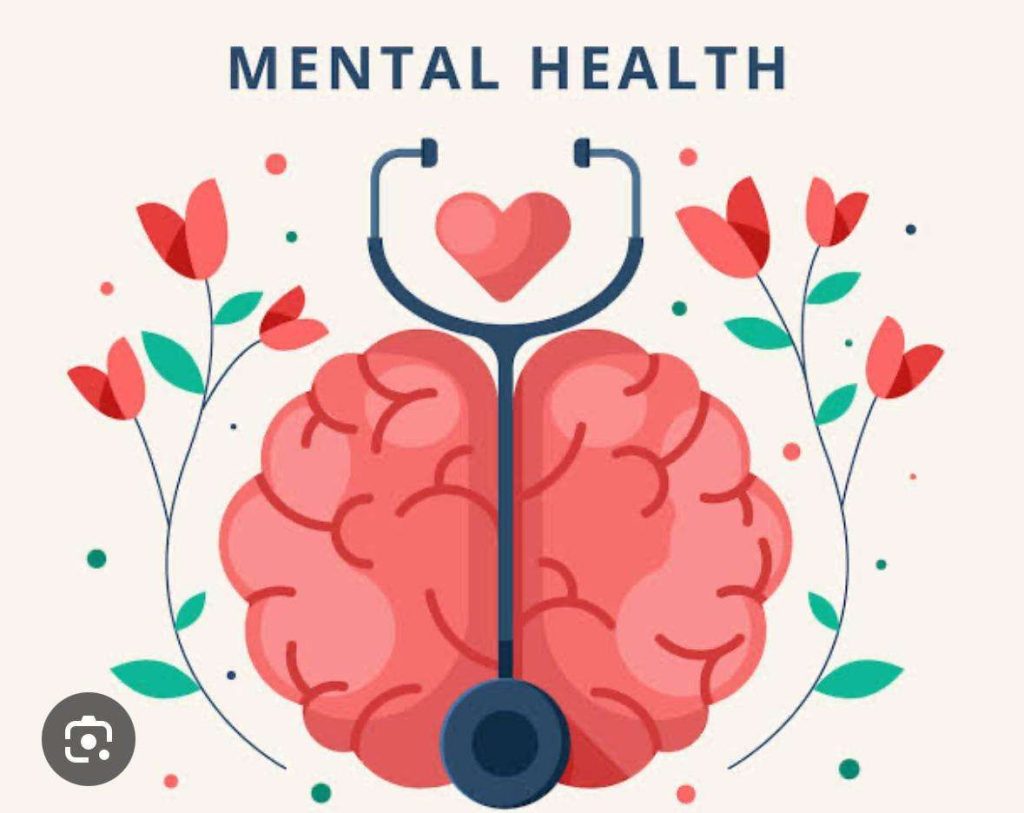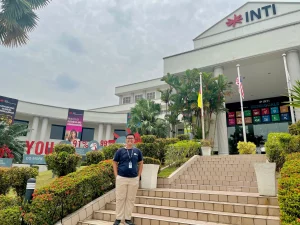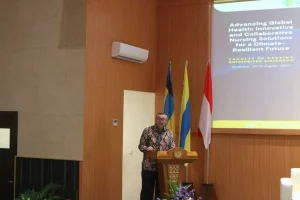UNAIR NEWS – While the new year is typically associated with optimism and resolutions, it can also bring about psychological pressures for some individuals, potentially leading to mental health challenges. The phenomenon of “New Year, New Mental Issues” has gained attention, particularly among younger generations who often face emotional stress during this time.
Atika Dian Ariana, MSc, MPsi, a psychology expert from Universitas Airlangga (UNAIR), attributes this issue to misguided reflection habits. “Ideally, the start of the year marks a fresh, positive chapter. Unfortunately, the pressures of unmet goals at the end of the year can lead to pessimism that is difficult to shake off,” she explained.
Why New Year causes psychological strain
The transition into a new year is widely seen as a time for self-evaluation. However, reflecting on past achievements through a pessimistic lens can result in stress. “When people view their previous failures as permanent setbacks, they are more likely to fall into negative thinking patterns. This often leads to feelings of unworthiness about future success,” Ariana said.
Social media further exacerbates this stress by portraying others’ achievements in overly idealized ways. “Social comparison on these platforms can heighten anxiety. If we struggle to filter this information, it’s better to take a break from social media and focus on real-world interactions,” she advised.

Recognizing symptoms of mental stress
Mental pressure often reveals itself through symptoms such as persistent sadness, loss of interest in previously enjoyable activities, or a lack of motivation. Disruptions in eating and sleeping habits—either too little or too much—are also common indicators. “These symptoms are not exclusive to the start of the year but can become more pronounced during periods of unhealthy self-reflection,” Ariana observed.
On a physical level, individuals may experience frequent illnesses, digestive issues, or headaches. “These pressures can surface at any point but are especially evident during periods of heightened introspection,” she added.
Mindfulness and social support as key solutions
Mindfulness practices and spiritual activities are effective ways to alleviate mental strain. “Mindfulness helps us remain present and minimizes worry about the future. Spiritual practices, meanwhile, can cultivate a sense of gratitude,” she noted.
Ariana also underscored the critical role of family and social support. “A supportive family often serves as the first to notice changes in behavior. However, if family support is unavailable, a strong social network can take its place,” she explained.
Lastly, Ariana emphasized that self-reflection should serve as a means to cultivate gratitude rather than self-criticism. “Healthy reflection enables us to plan for the future while appreciating the journey we’ve already undertaken,” she concluded.
Author: Sintya Alfafa
Editor: Khefti Al Mawalia









